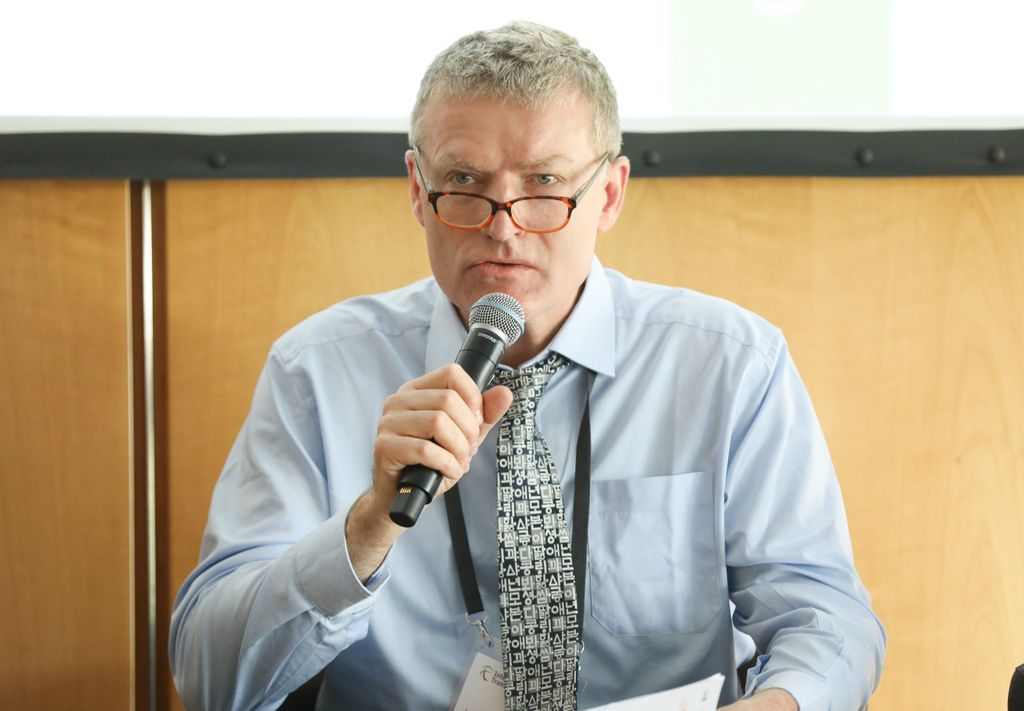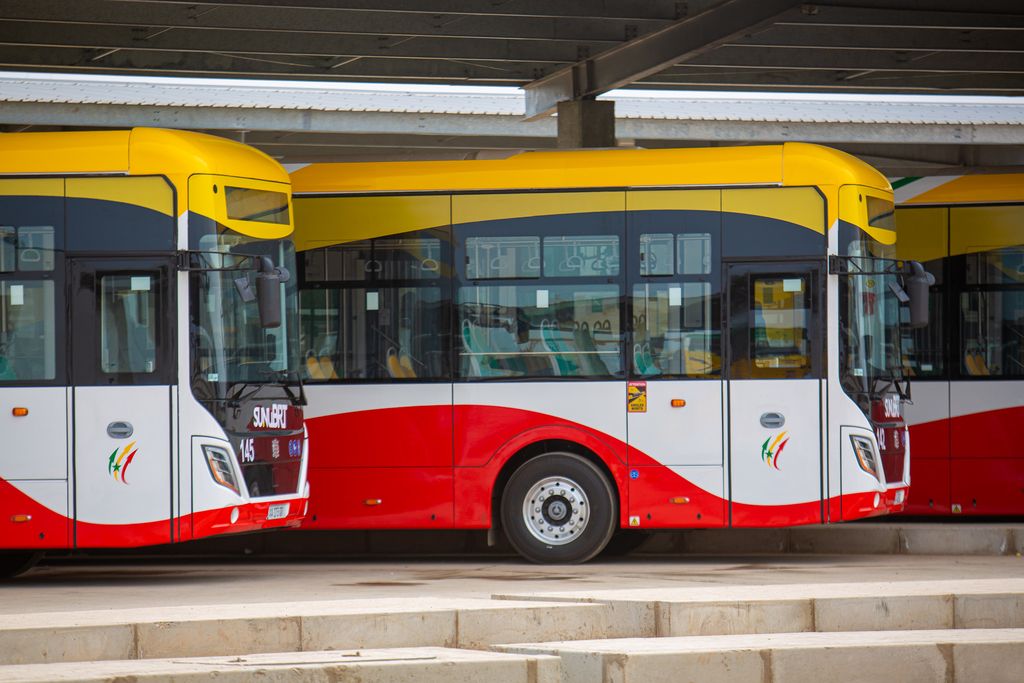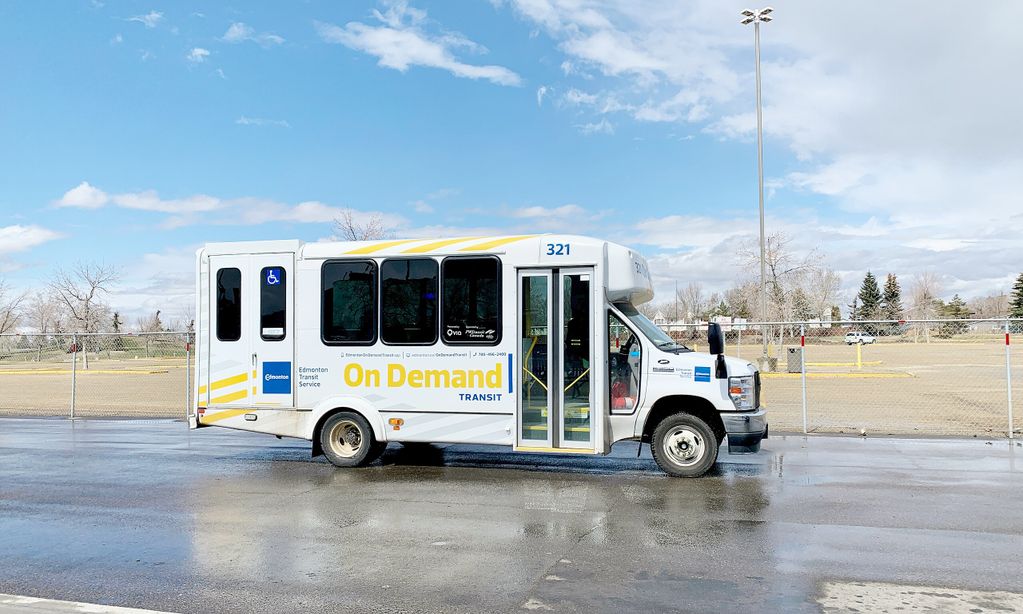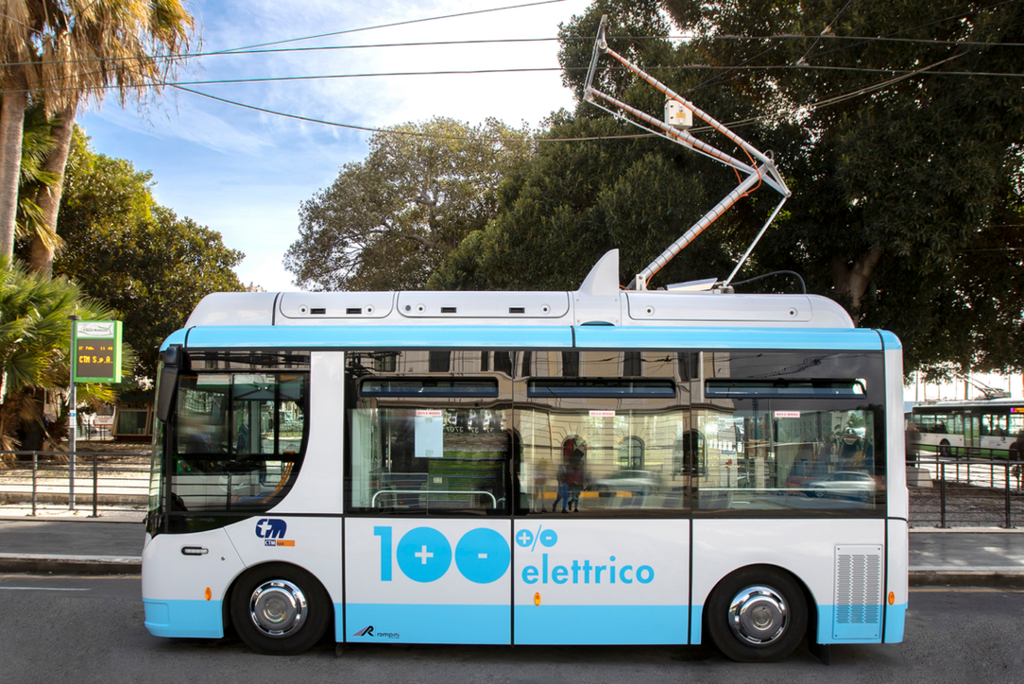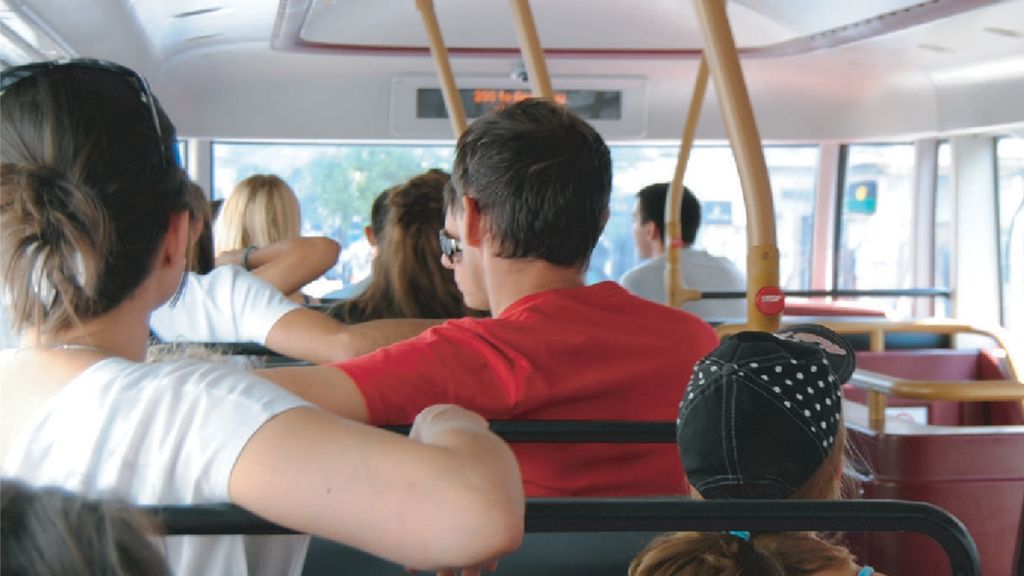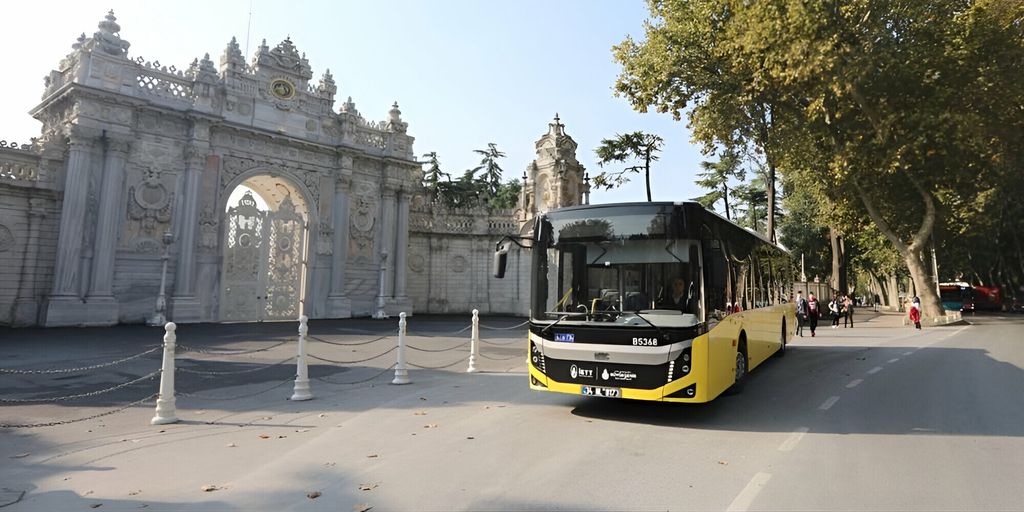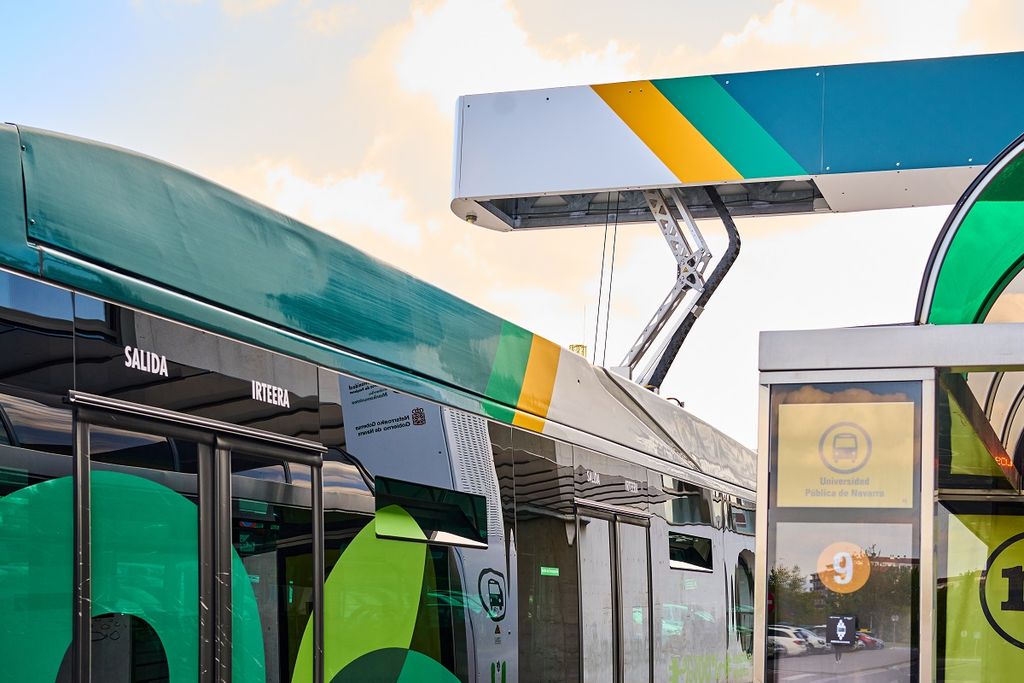
The pathway for zero emission buses: UITP joins forces with EBRD & GIZ for new policy paper on electric buses
Going electric: A pathway to zero-emission buses
In order to meet their transport emissions reduction targets, many cities around the world are deploying electric buses, with mass production leading to reductions in unit costs and lower technological risk.
The emergence of new battery technologies is now making fully electric buses more competitive as a fleet replacement option: recent developments in battery technology have seen the emergence of cheaper, lighter, more efficient power storage batteries as the key enabler of the growth in electric buses. E-buses now offer reliable technology, a stable operating environment, a practical daily range and ready access to a variety of proven charging systems either in depots or on-street.
To advance and facilitate policymaking and the development of electric bus schemes, and to assist project finance, UITP is proud to announce it has joined forces with EBRD (the European Bank for Reconstruction and Development) and GIZ (Die Deutsche Gesellschaft für Internationale Zusammenarbeit) for the launch of a new policy paper ‘Going electric: A pathway to zero-emission buses’.
The paper, which summarises emerging good practice across a range of important topics and geographies, aims to show that e-buses have moved beyond the experimental and that sponsors have a range of technologies and financing options at their disposal.
The new paper reflects the discussions held at the Going Electric conference, sponsored by the EBRD, UITP and GIZ, held in London in March 2019 and at the GIZ Transport and Climate Change Week conference, held in Berlin in March 2020. It is intended as a guide for scheme sponsors, promoters and financing institutions to lead project development.
The policy paper was launched at the Transport & Climate Change week
The policy paper was launched during the Transport & Climate Change Week (21 – 25 June 2021) at the session Enabling Electric Bus Adoption.
By highlighting various projects supported by international development organisations, the session sought to equip mobility practitioners and decision makers with the needed skills to electrify public transportation. Alongside the policy paper, the UITP-coordinated Clean Bus Europe Platform was also highlighted as central platform boosting the uptake of clean bus technologies in Europe.
During the session, UITP’s Head of Bus Unit Arno Kerkhof emphasised the importance of combining networks and expertise to help bus operators and municipalities to electrify their bus fleets. “Our long-lasting partnership with EBRD is another key element of our decarbonisation service suite for our members that brings the best qualities of our respective organisations to European and extra-European bus fleets to help to offer a sound knowledge base and accelerate city and network wide rollout programmes.”
With great teamwork over the past two years, UITP, EBRD and GIZ have created great content on e-buses which will give actors in the banking world alongside e-bus scheme promotors a great basis to develop this sector and achieve the transition towards carbon neutrality.
We are delighted to continue our partnership with UITP and GIZ on policy development in urban transport, which brings together a range of knowledge from industry practice, operational needs, funding opportunities and knowledge sharing, allowing tangible solutions to be crafted towards sustainable mobility solutions, and Paris Alignment goals. Our latest policy paper provides practical policy guidance for our clients for development of electric bus systems, to support our clients in city authorities, transport operators and across EBRD’s countries of operation.
SOLUTIONSplus: European Innovators Call
Also highlighted during the Transport & Climate Change Week was SOLUTIONSplus, the EU-funded project aiming to boost electrification of urban mobility in Europe, Asia, Africa, and Latin America. UITP is a partner in SOLUTIONSplus, which is coordinated by UEMI and implemented by an international consortium of 45 partners.
Now, the project has launched a call for European Innovators to provide specific technological solutions as part of the co-development process involving innovative e-mobility solutions which will be tested in the urban demonstration actions.
Eligible applicants are innovators in the form of start-ups, SMEs, and industries established in a Member State of the European Union, including their outermost regions. Deadline to apply is 7 September. More info on the call here!
exclusive resources

